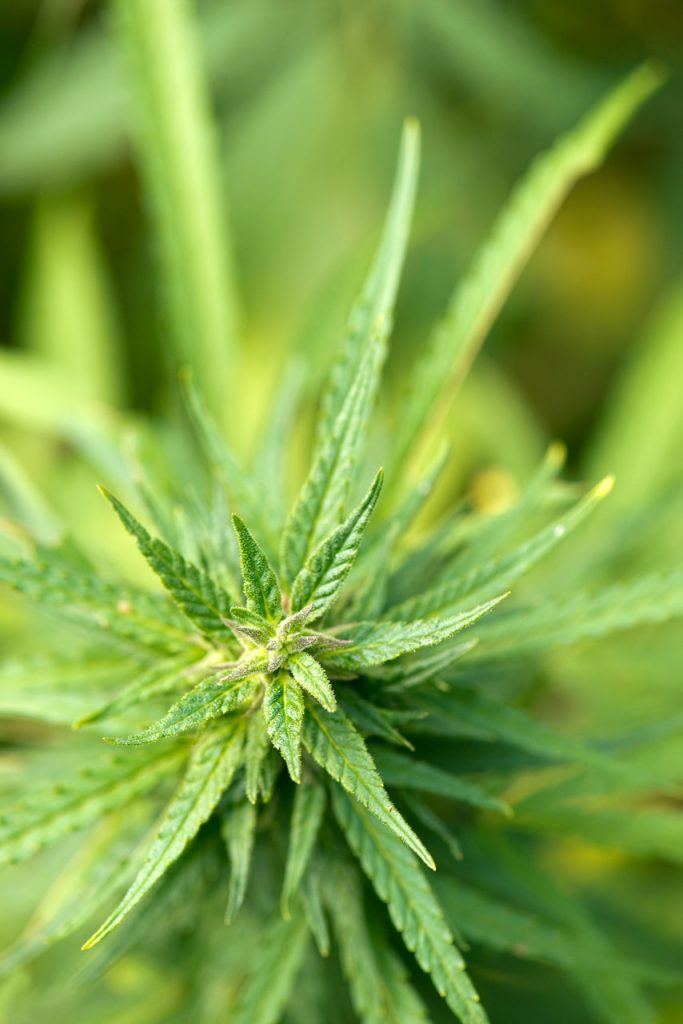A proposed amendment in Massachusetts would allow for the addition of hemp-derived CBD ingredients to food, dietary supplements and animal feed, and permit the sale of hemp flowers to consumers.
A vote on Amendment 130 in the state Senate is expected this week while the Massachusetts House of Representatives is to consider a parallel bill with similar language in a virtual public hearing on June 1. In the Senate, the amendment was filed by Sen. Diana DiZoglio, a Democrat from Methuen, as part of the 2021 budget.
CCC guidance is limiting
For now, CBD can only be used as an ingredient in non-food products, and may not be marketed in dietary supplements, under guidance recently issued by the Massachusetts Cannabis Control Commission (CCC).
Those rules permit the sale of some industrial hemp products to licensed cannabis retailers, but restrict sales of unprocessed hemp, including flowers, to wholesale transactions among licensed growers and producers.
Products such as hempseed, hempseed oil, building materials, textiles & fashions, and other products and materials derived from hemp fiber are eligible for wholesale to cannabis retailers under the new guidance, according to the Massachusetts Department of Agricultural Resources.
Regulations unfold
While CBD may be used in health & beauty topicals, products cannot make therapeutic claims. Also, hemp products may be sold only to consumers 21 or older, according to the guidance.
CCC said rules on CBD could change only if the compound is eventually approved by the U.S. Food and Drug Administration (FDA).
Hemp growers and processors have been waiting for the guidance from the CCC since last December’s passage of the MA Hemp Industry Survive and Thrive amendment, a measure aimed at supporting the hemp industry that is already part of the state’s 2021 budget.
Licensed cannabis retailers are not required to track the sale of the products through the CCC’s Seed-to-Sale System of Record that applies to marijuana, but should record sales for hemp products for tax purposes, the guidance indicates.
Getting fully compliant
Growing hemp was legalized by Massachusetts voters in 2016 and the state started allowing hemp cultivation in 2019. The Massachusetts state hemp program currently operates under a state plan approved by U.S. Department of Agriculture on May 7, 2020 as per the Interim Federal Rule on industrial hemp. The state says it is working to update the plan to incorporate key provisions of the Final Rule, which was mandated by the 2018 Farm Bill that legalized hemp federally.
Massachusetts earlier this month opened up some 73,000 acres of protected farmland to hemp production. The land was previously blocked from all forms of cannabis growing.

